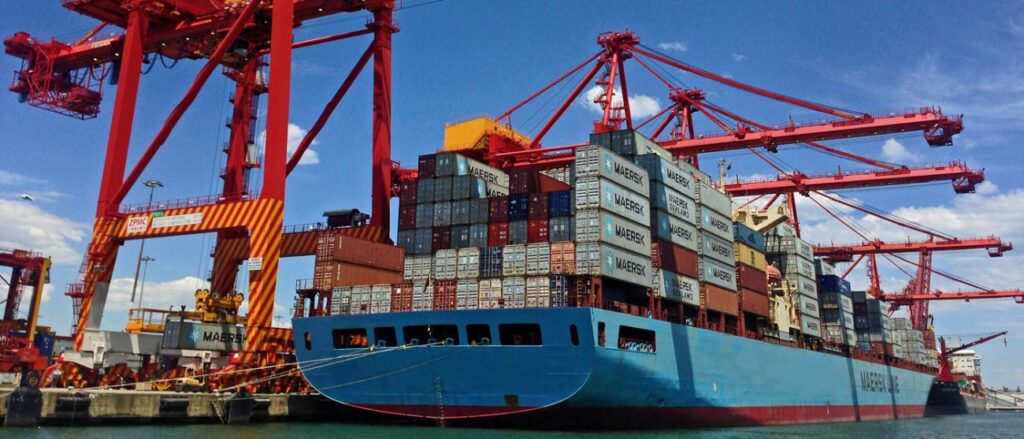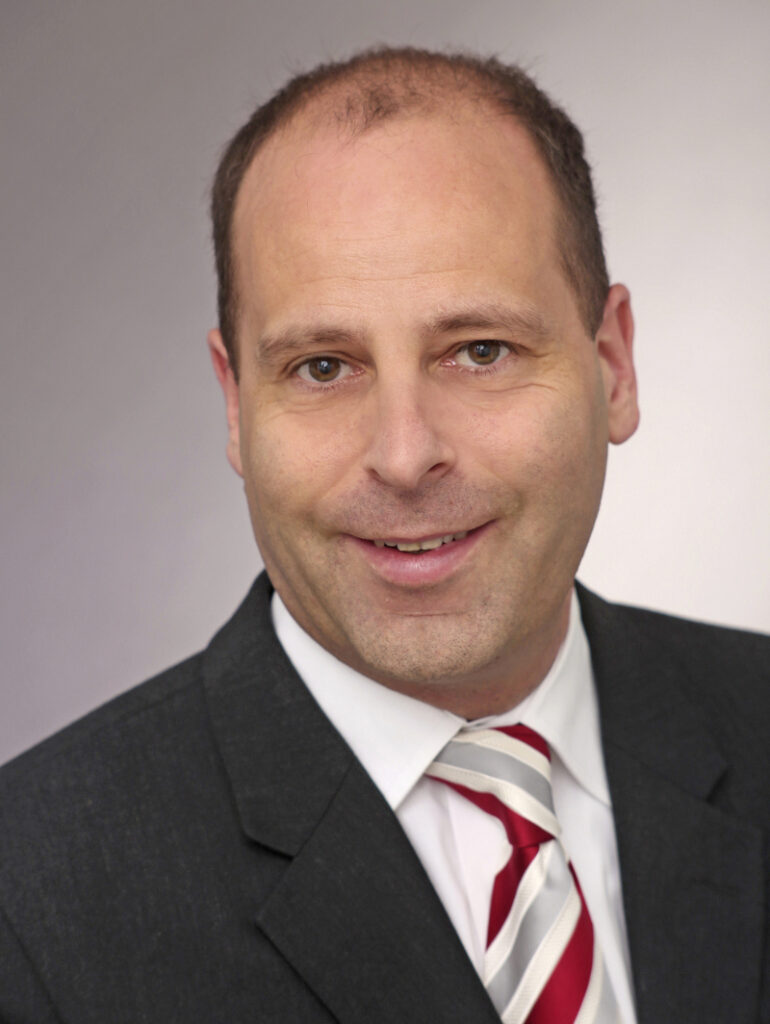CONCERNS OVER ILLEGAL HFC IMPORTS TO EU DESPITE STRICT F-GAS CONTROLS
- PostedPublished 8 August 2016
AS AUSTRALIA works towards an HFC phasedown, the European experience – in particular, the illegal importation of CO2-equivalent HFCs – is highlighting challenges that could lie ahead for our industry.
Among a number of refrigerant manufacturers to raise concerns about illegal imports, Honeywell claims that more than 10 million tonnes of unaccounted CO2-equivalent HFCs flooded into the European Union in 2015 – the first year of regulation under the EU’s new F-gas regime.
Under the new legislation, annual quotas are allocated to registered producers and importers who place at least 100 tonnes of CO2-equivalent HFCs in bulk on the market in a calendar year, with stiff penalties in place for those who exceed their quota.

Last year, around 400 companies were given quotas from a total maximum quantity set at 182.5 million tonnes.
The aim is to progressively cap sales of HFCs permitted on the EU market, bringing maximum sales down to around one-fifth (21 per cent) of 2014 levels by 2030. The total allowable quantity has been reduced by seven per cent this year, then drops by 37 per cent in 2018, 55 per cent in 2021, 69 per cent in 2024, 76 per cent in 2027 and 79 per cent in 2030.
The result, if all goes to plan, will be large reductions in fluorinated greenhouse gas use and emissions, and an irreversible move towards greener (low-GWP) technologies.
However, in an interview with Britain’s Cooling Post industry newsletter, Honeywell’s German-based fluorine products marketing director for Europe, the Middle East, Africa and India, Patrick Amrhein, said the company had calculated that last year’s result was at least 10 million tonnes higher than the 182.5 million ceiling – and that illegal imports were to blame.
“As Honeywell is a significant market player, we also used our own estimations of imports of the biggest market players,” Dr Amrhein said. “This resulted in a figure showing material which cannot be assigned to any market player – and therefore has to come to the market outside of the quota.
“The amount of material coming into Europe far exceeds what should be coming in. I think 10 million tonnes is a conservative figure. Our estimation is that it is larger.”

Honeywell is understood to have come up with the still-to-be-proven illegal import claim by comparing export data from countries such as China with data from the European Fluorocarbons Technical Committee (EFTC).
It also cited anecdotal evidence of companies without a quota operating in the marketplace, as well as shipments of refrigerant smuggled into Europe or not properly declared.
The latter highlights potential issues of implementation and enforcement at customs, which Australian legislators and authorities will need to consider with the move towards an HFC phasedown here.
“We see a disconnect between the legislation and its implementation at a national level,” Dr Amrhein said.
“I don’t think there is currently a system in place which allows the national customs authorities to really check if an importer has quota or if the importer who does have quota has exceeded the amount of imports they can bring in.”
Another leading manufacturer Chemours has also raised concerns over the potential for illegal trading in the EU, with a spokesperson telling the Cooling Post that the company has “seen market indications of illegal imports as mentioned by Honeywell”.
- CategoriesIn SightGlass
- TagsSightGlass News Issue 7

